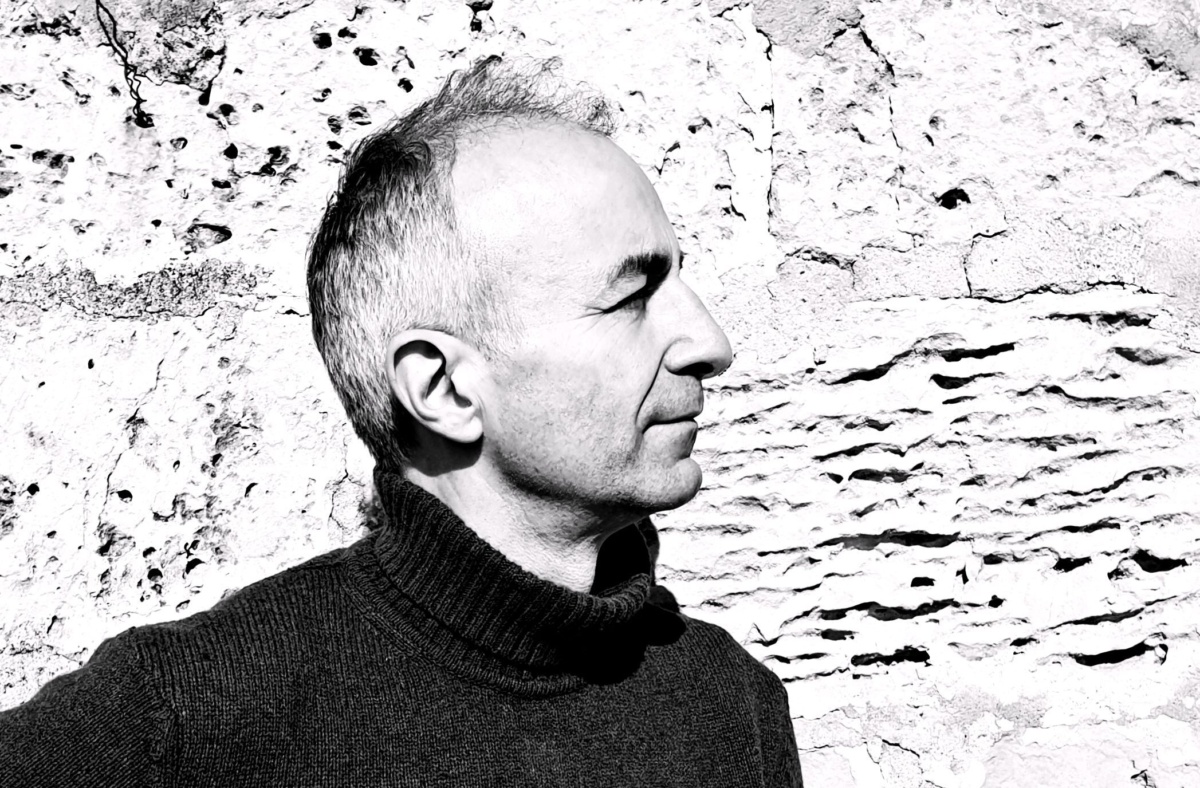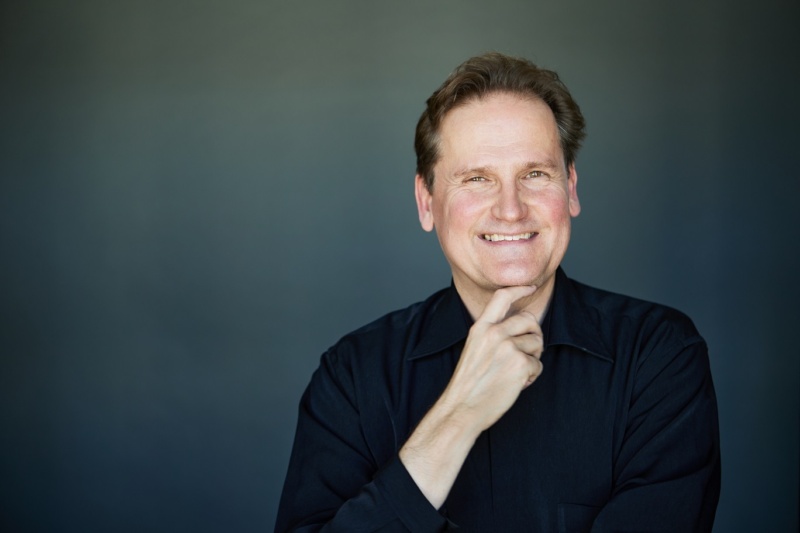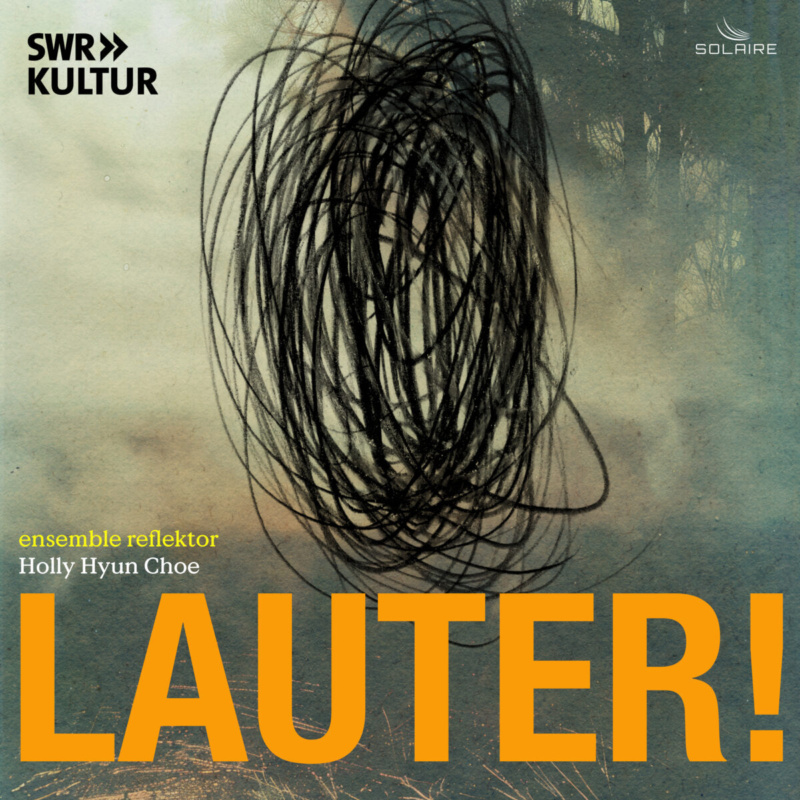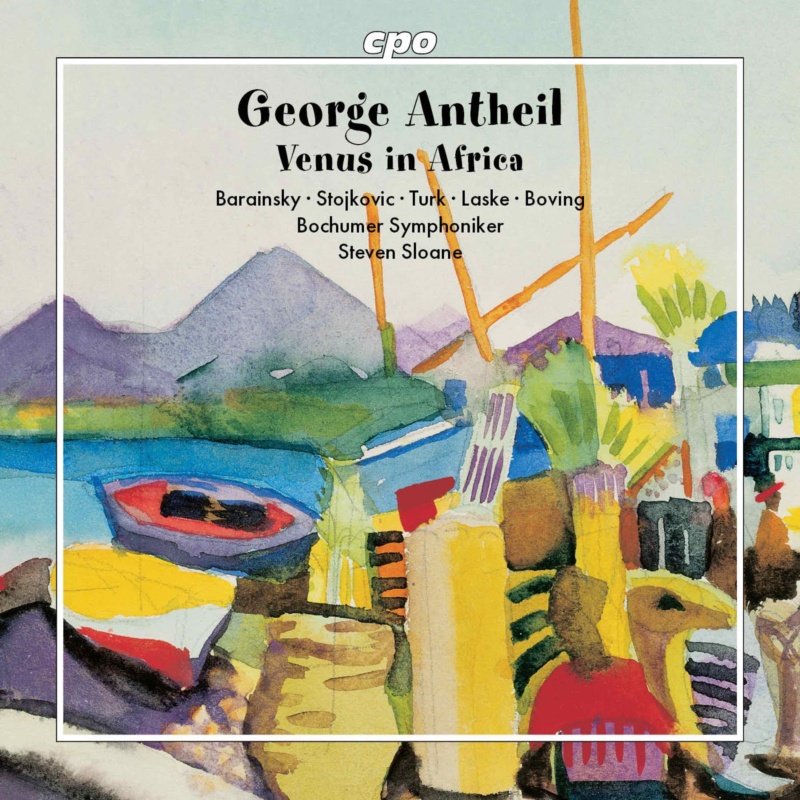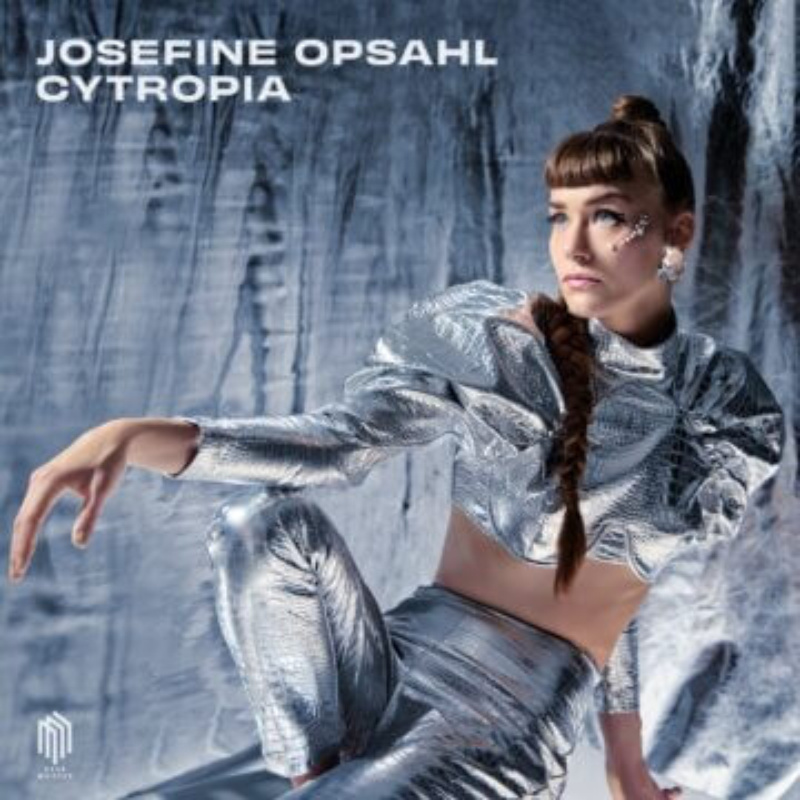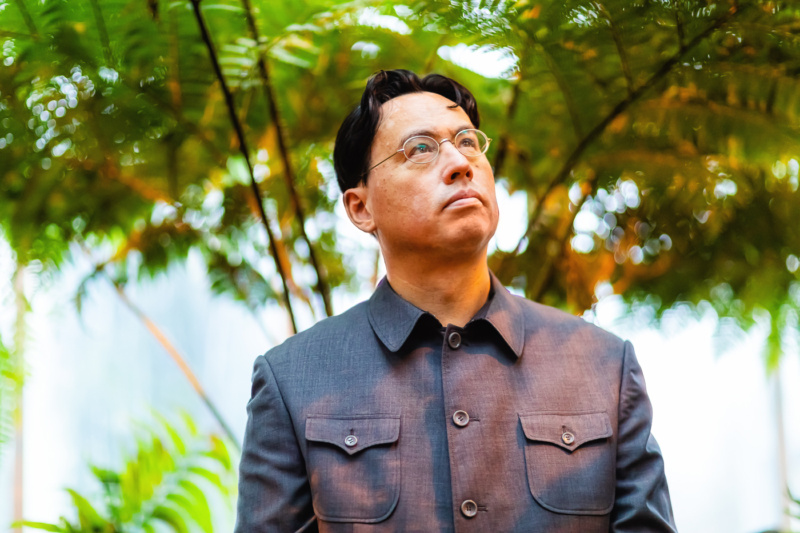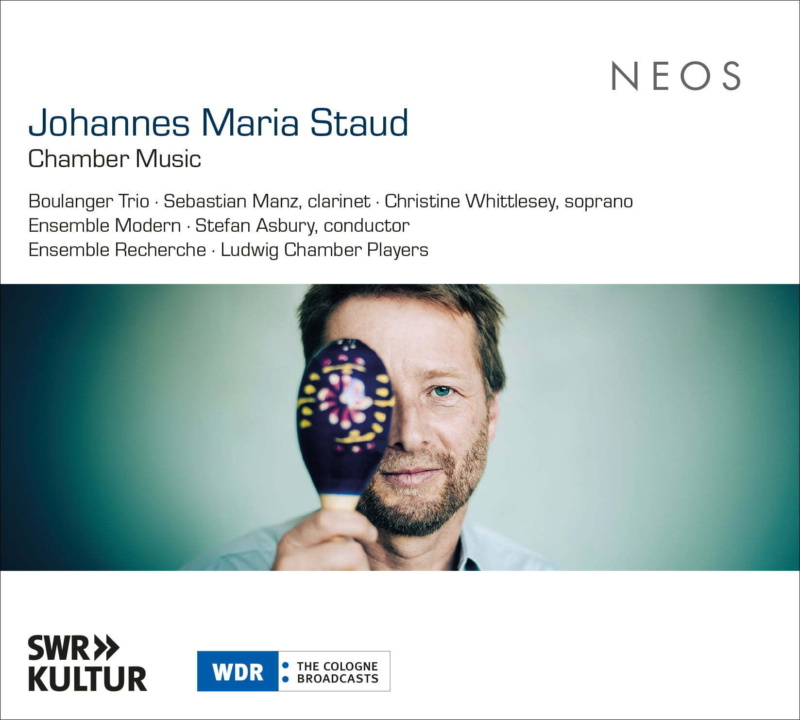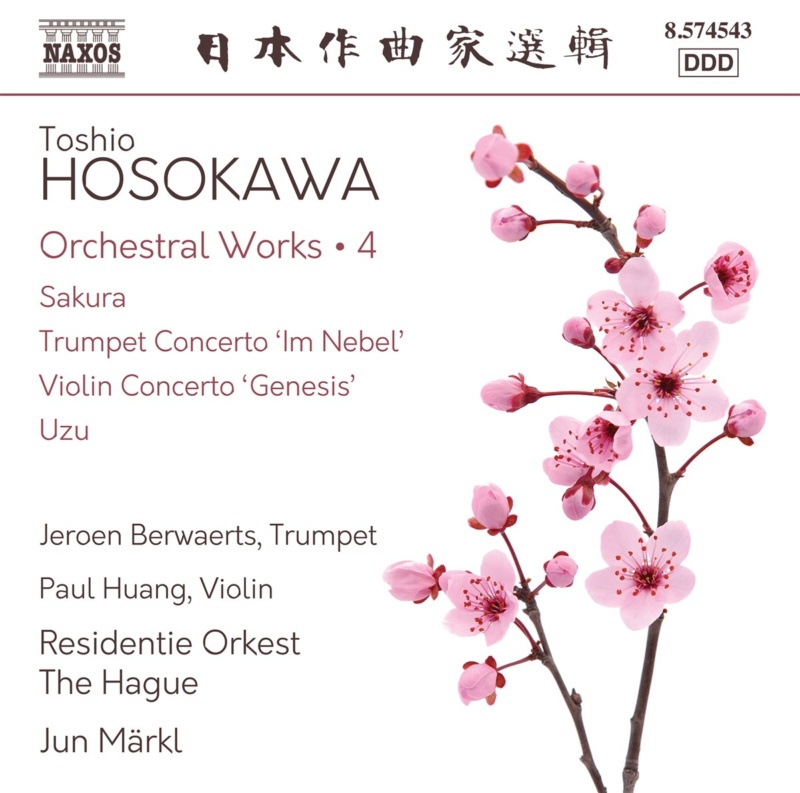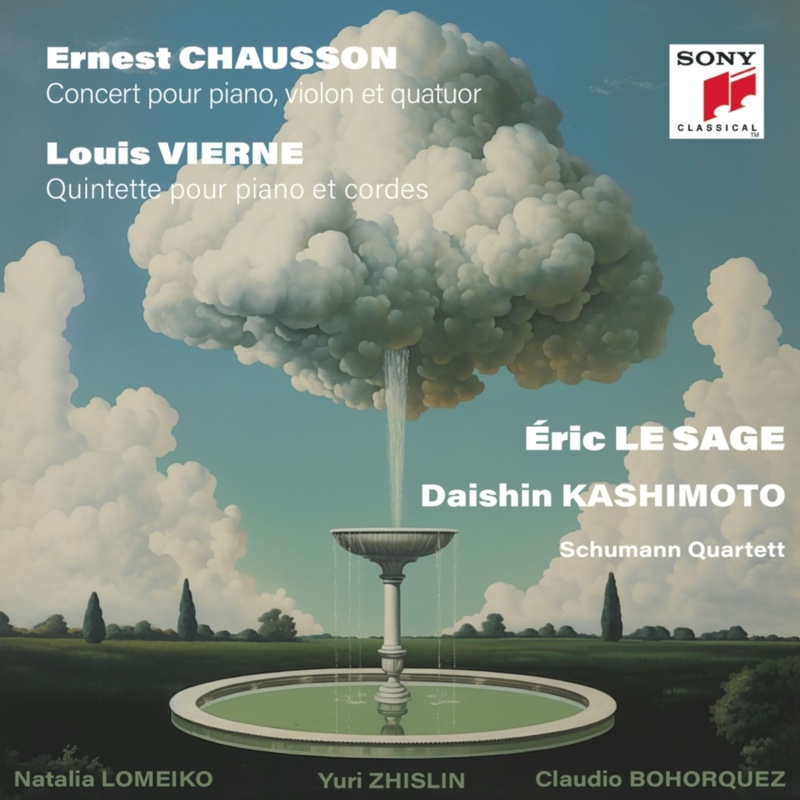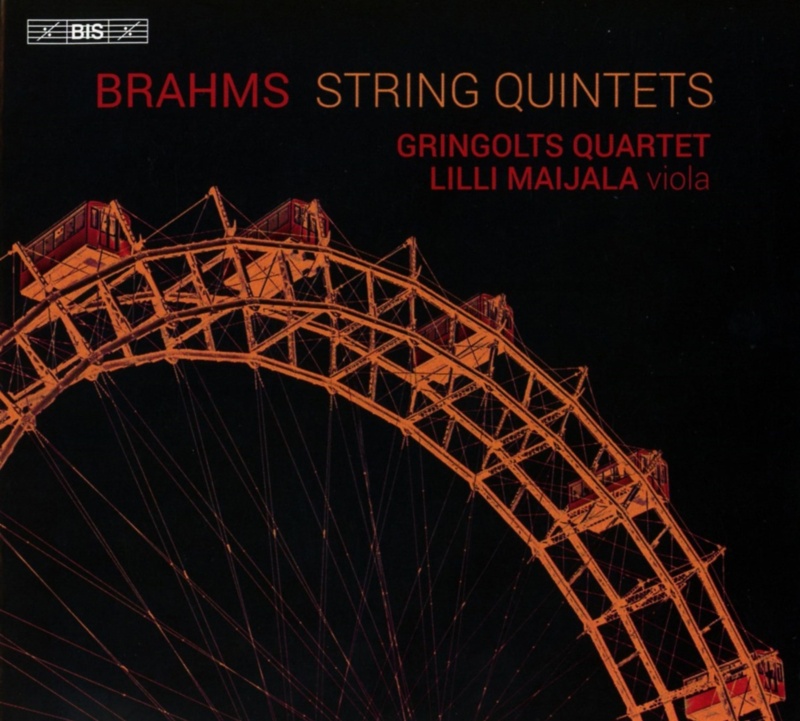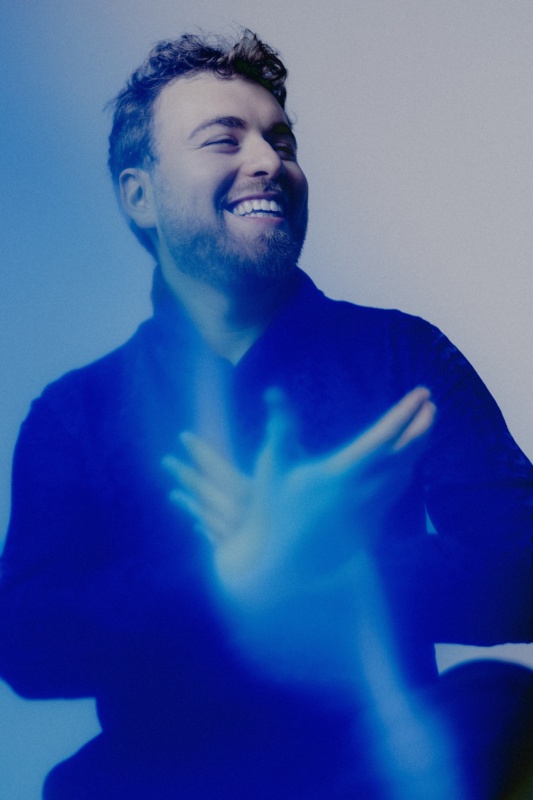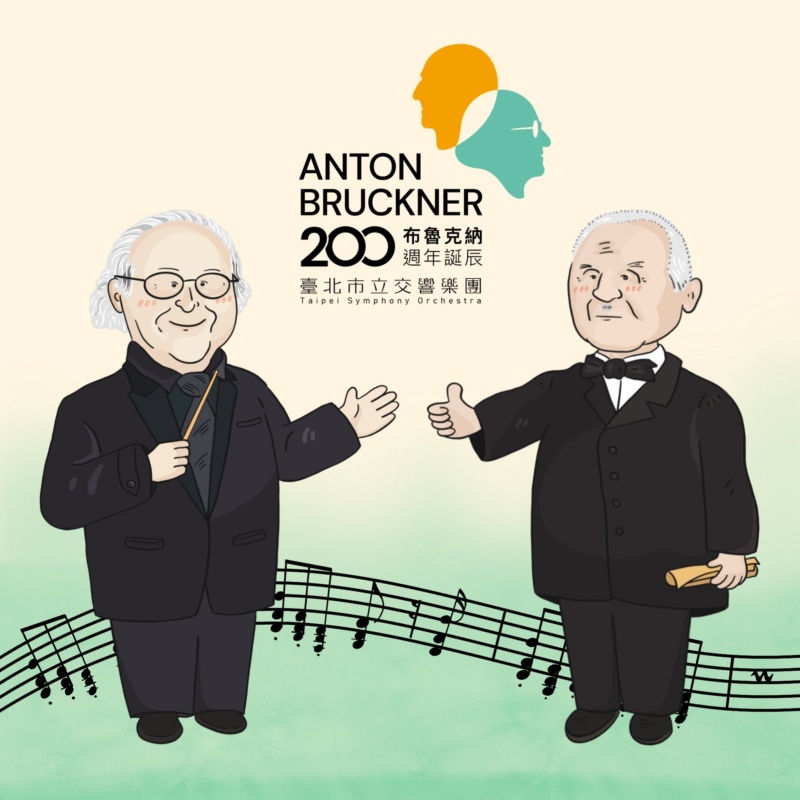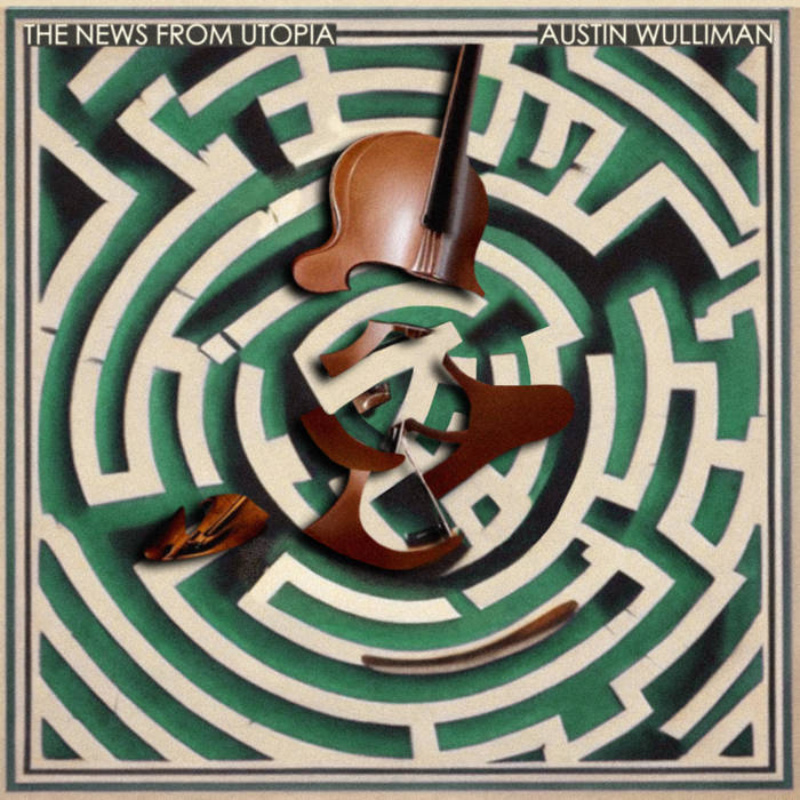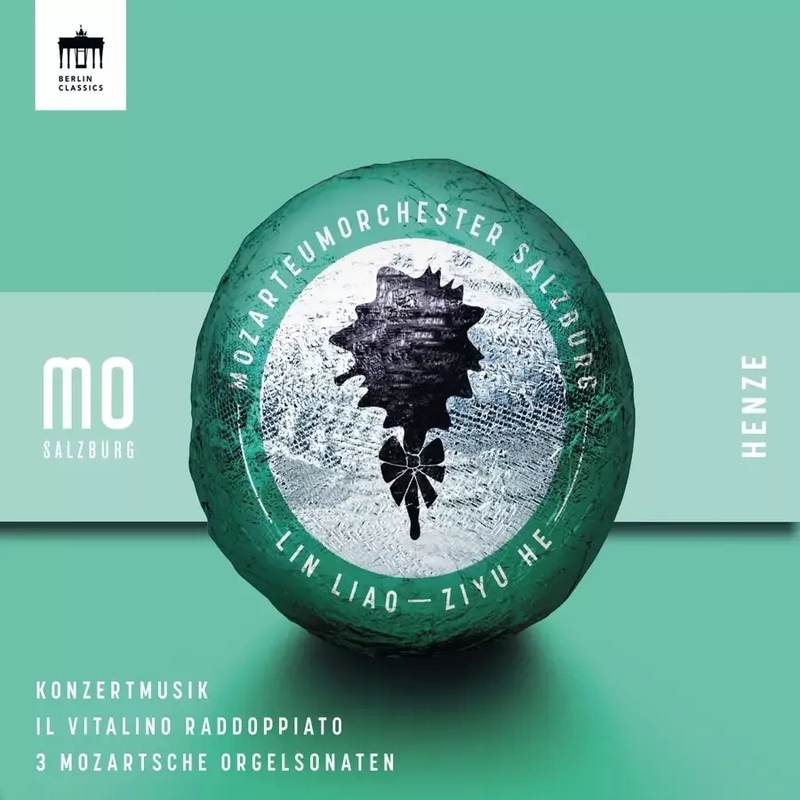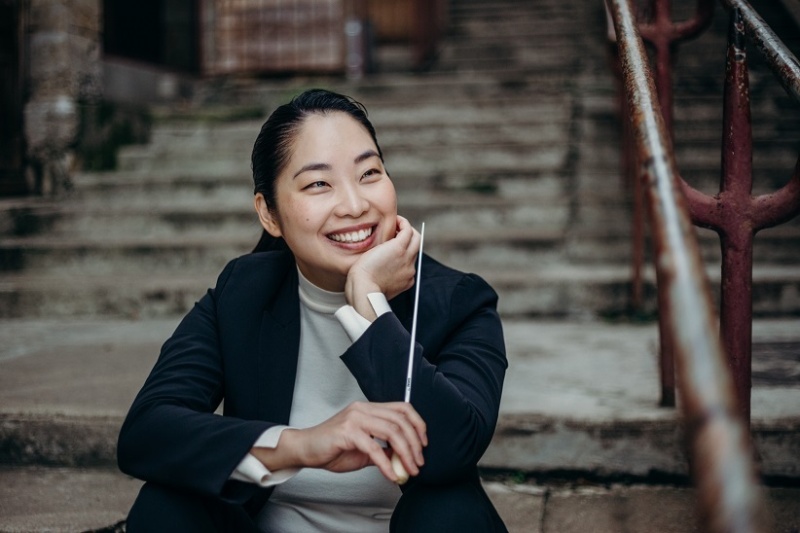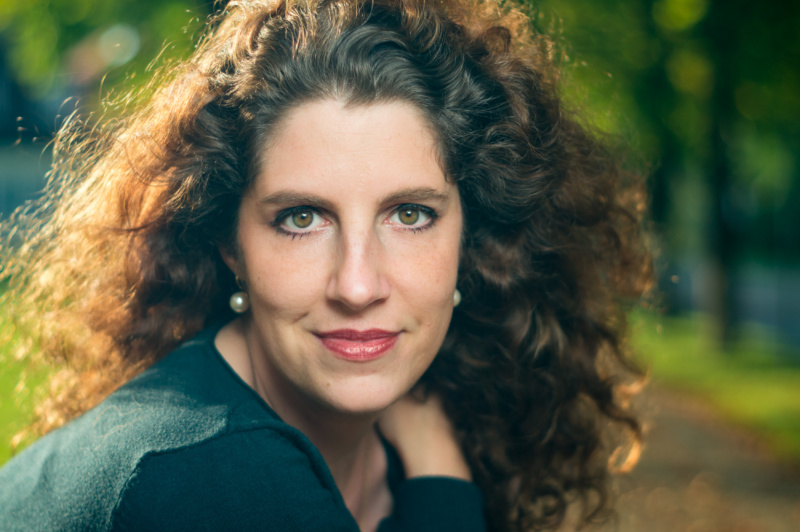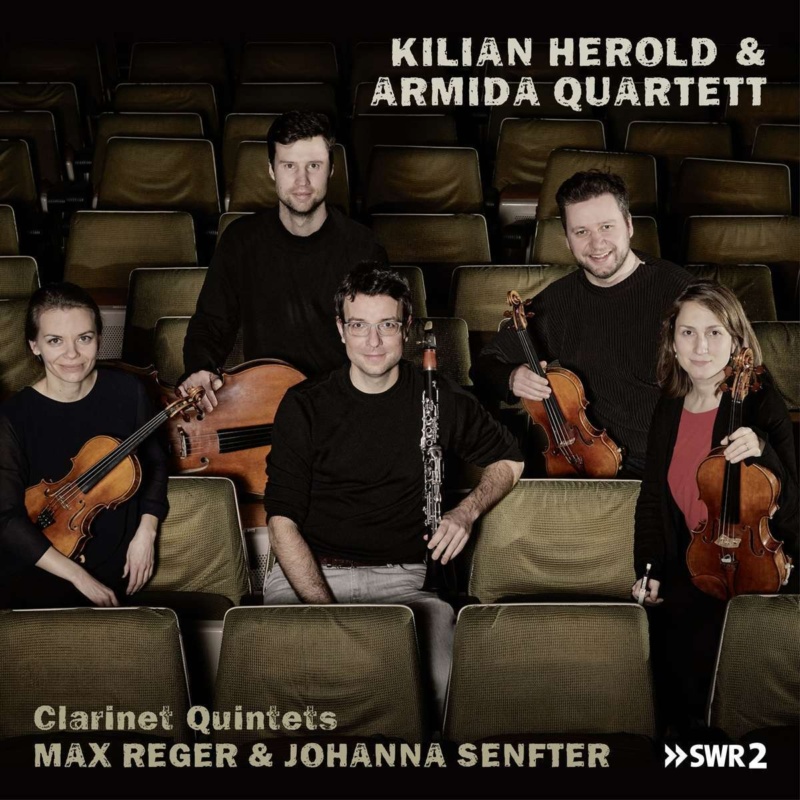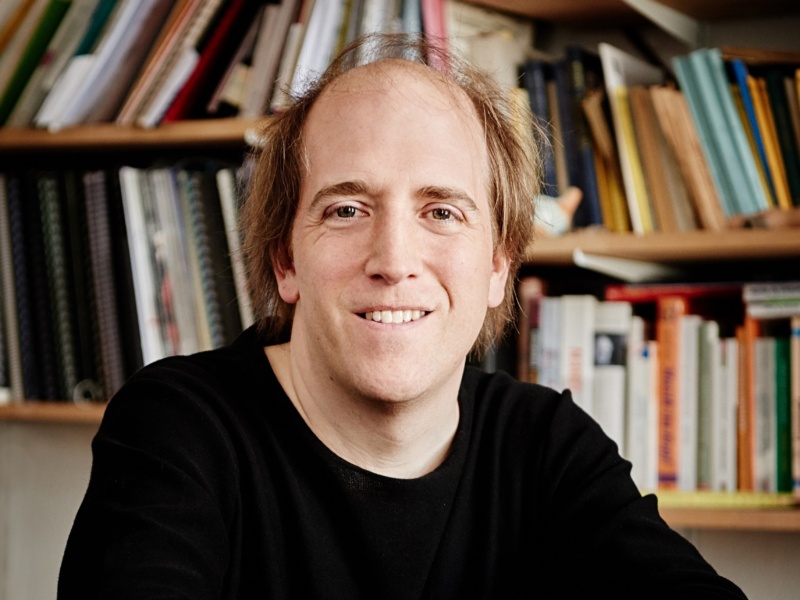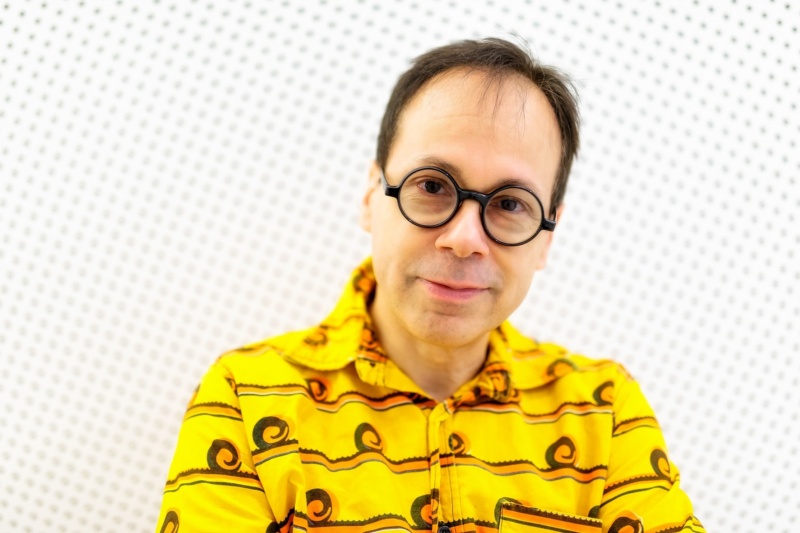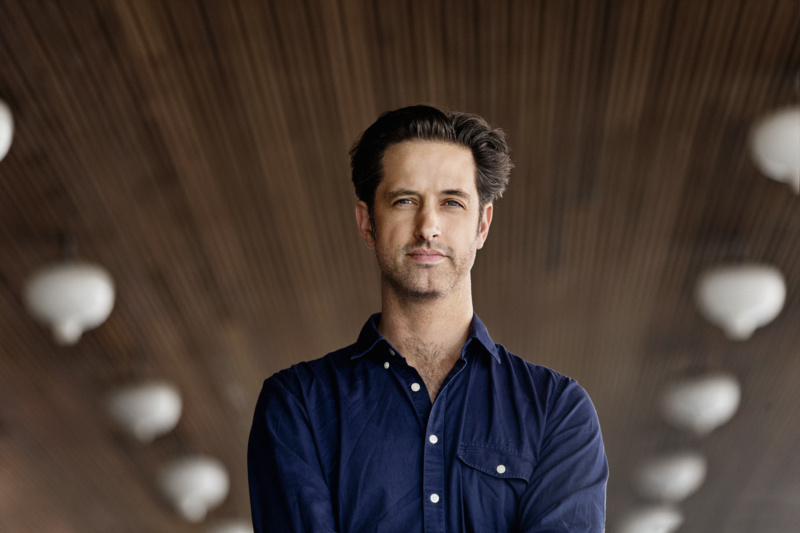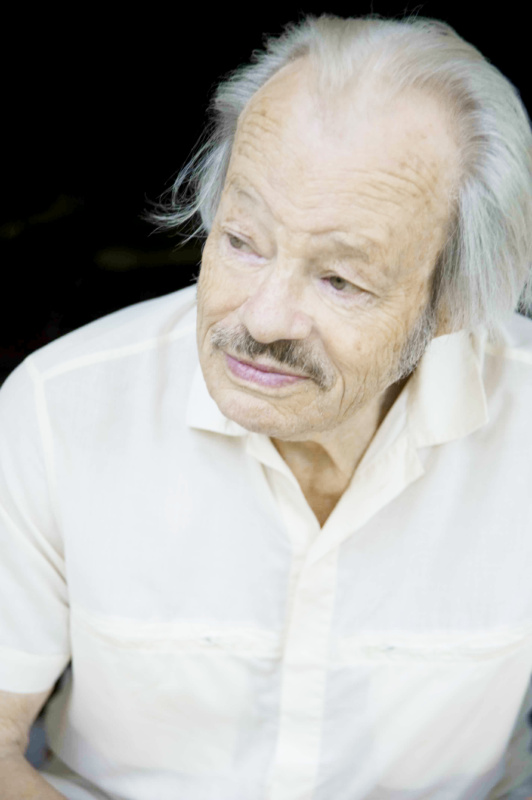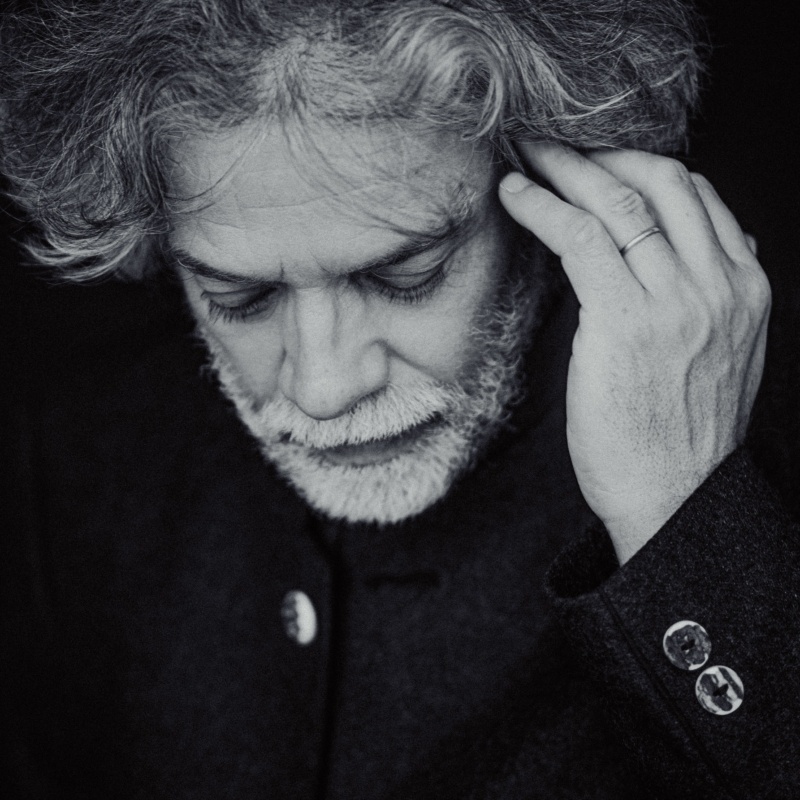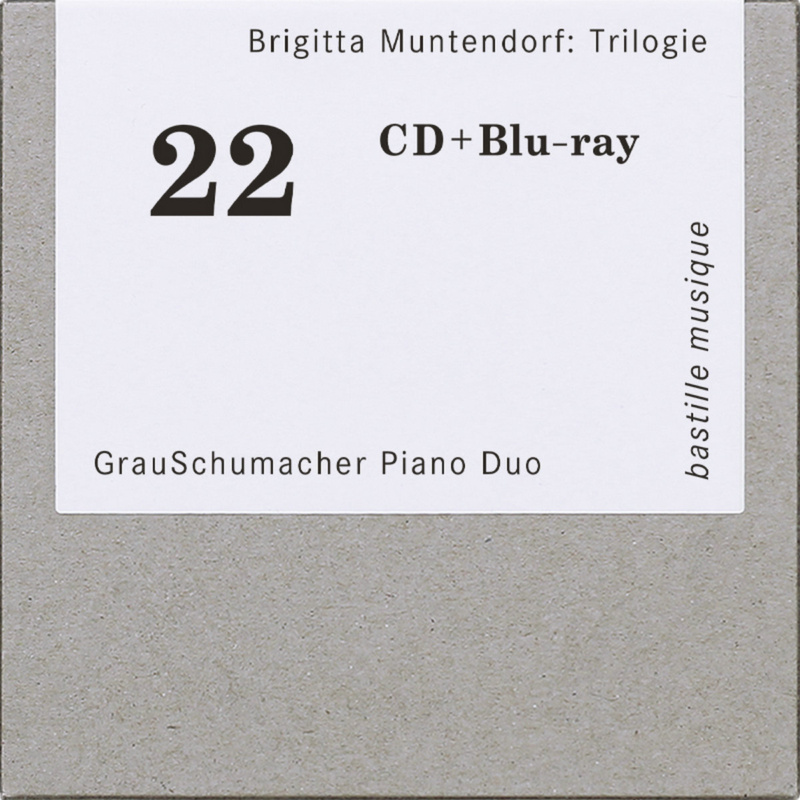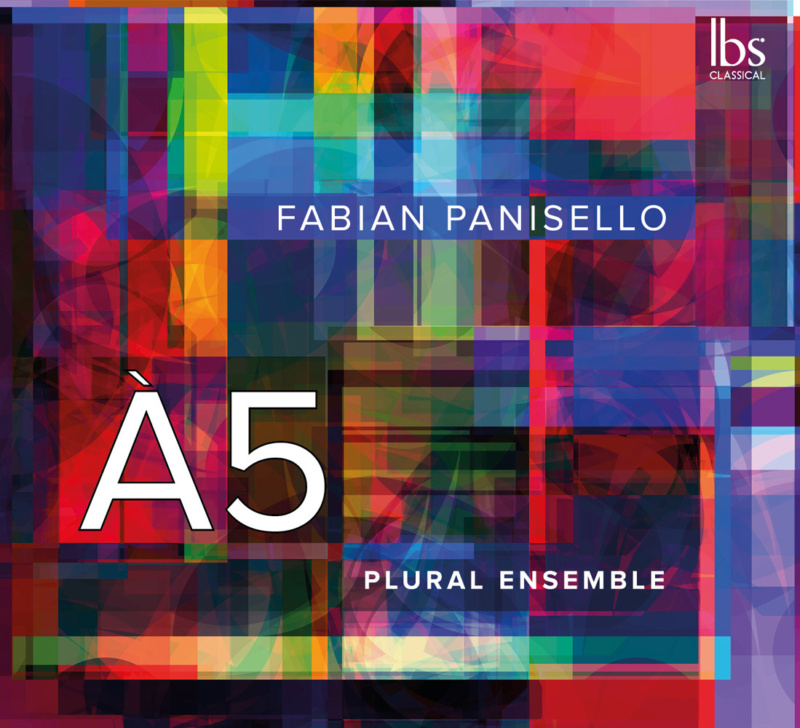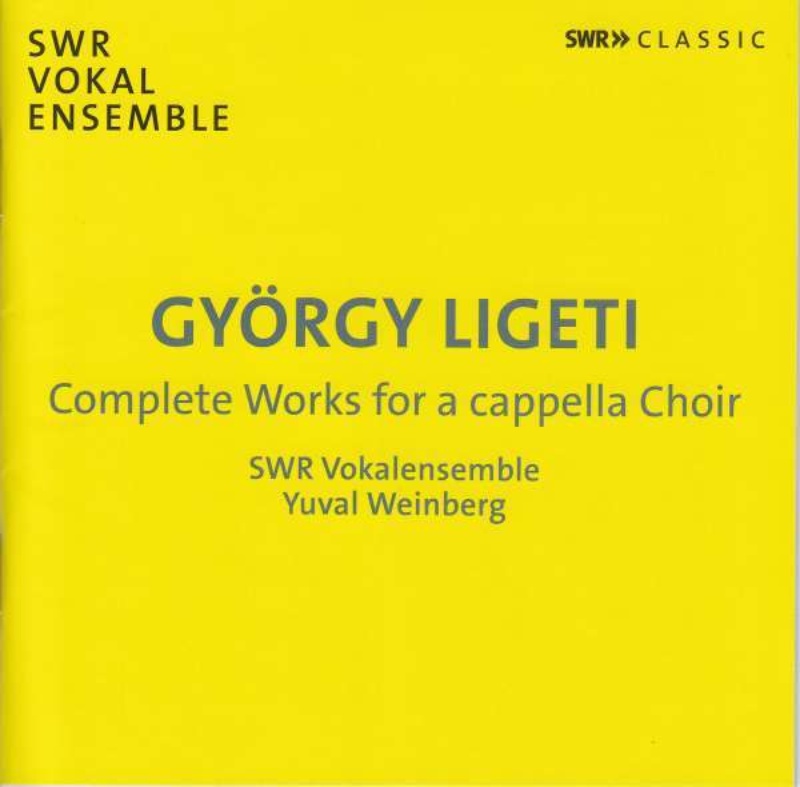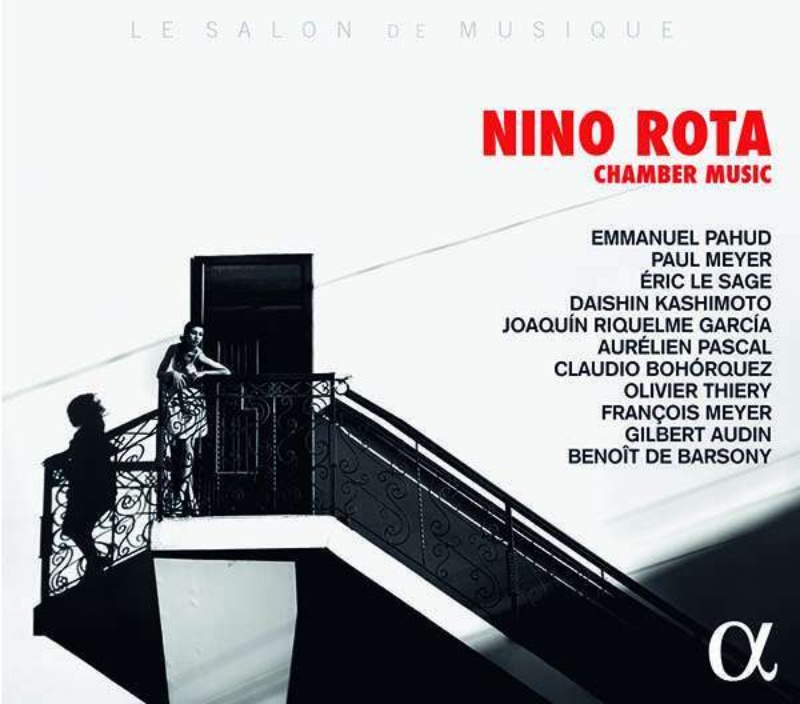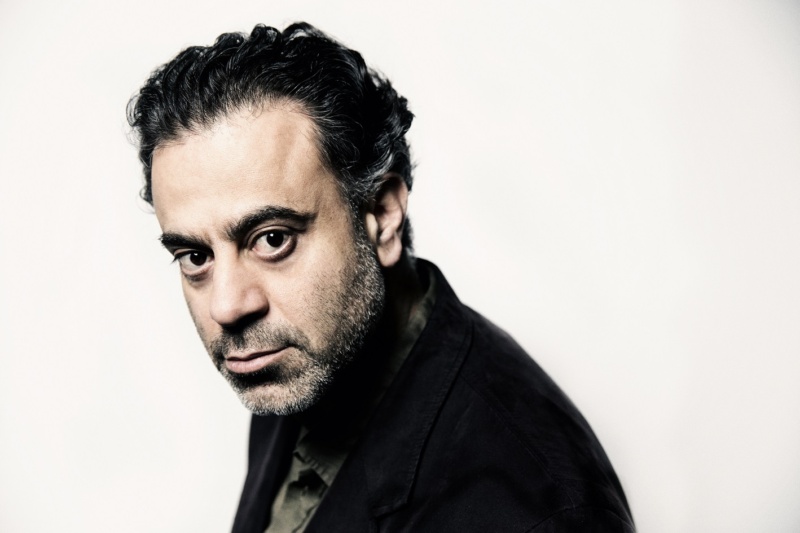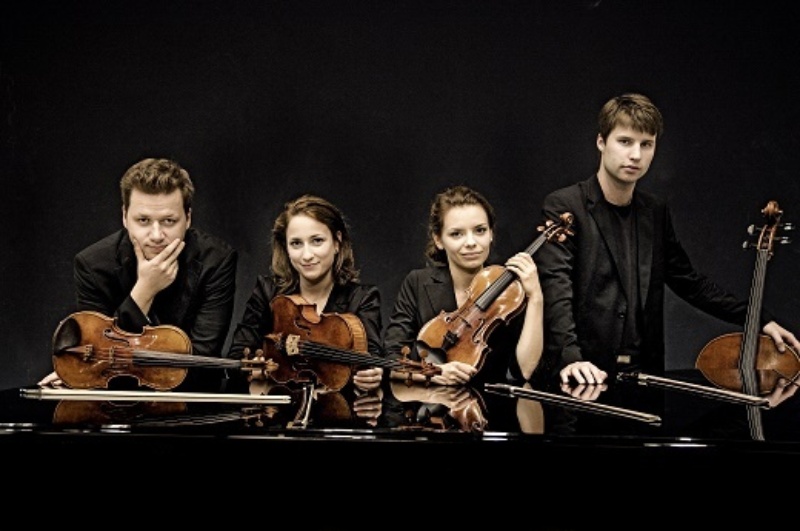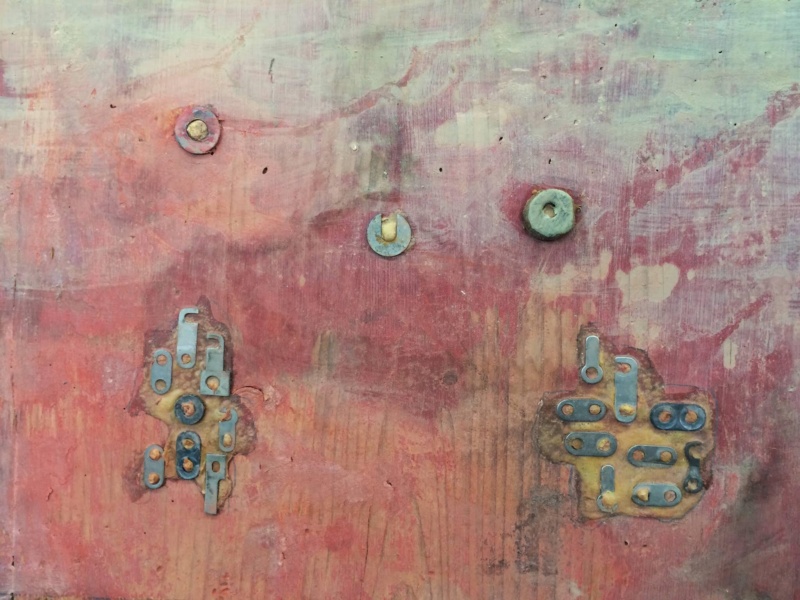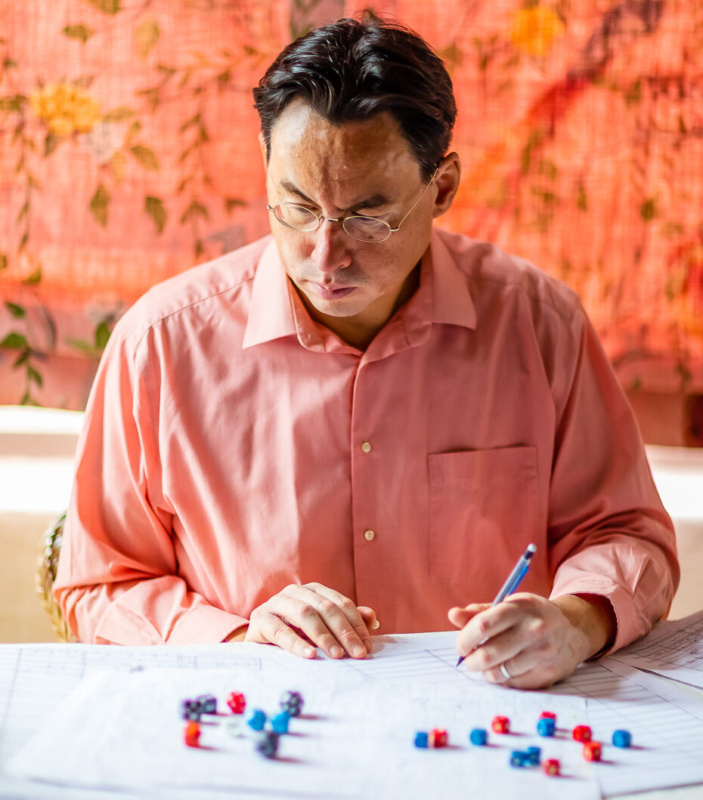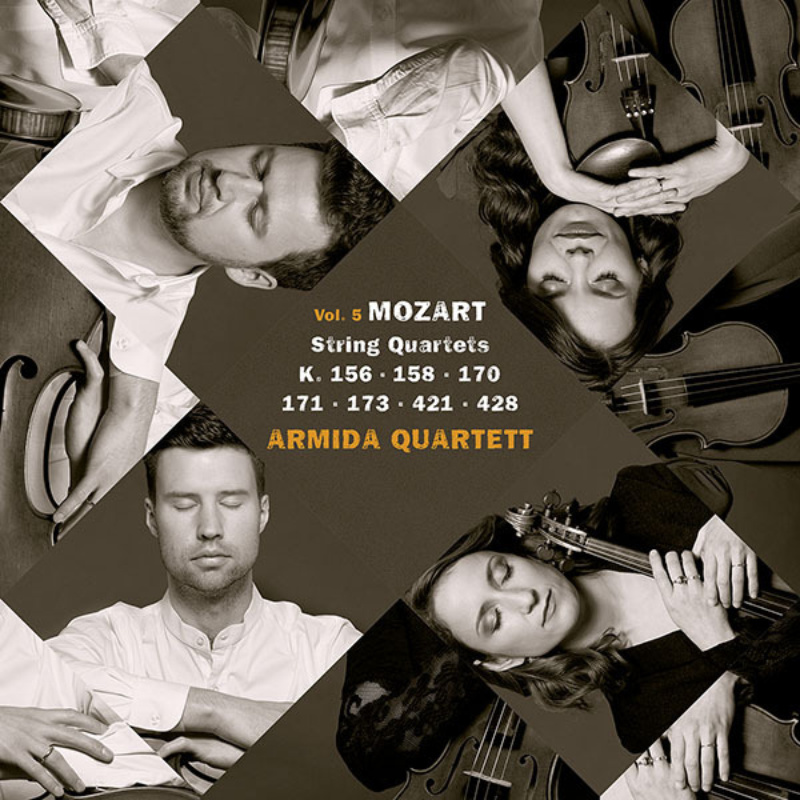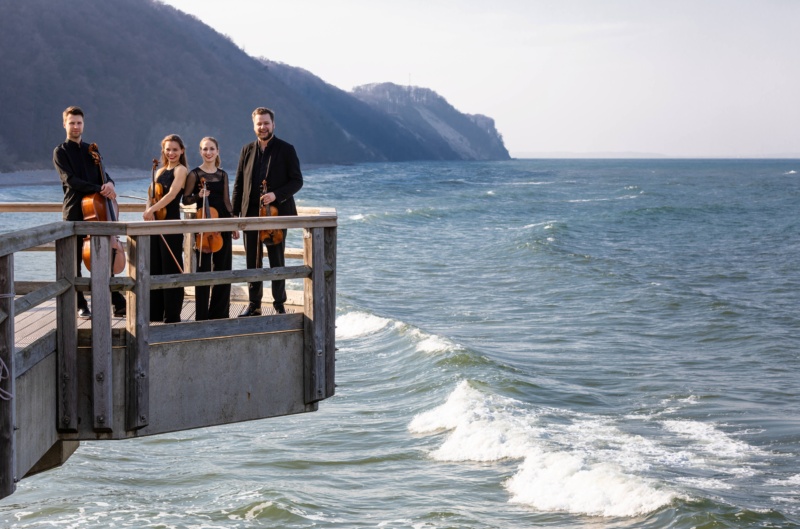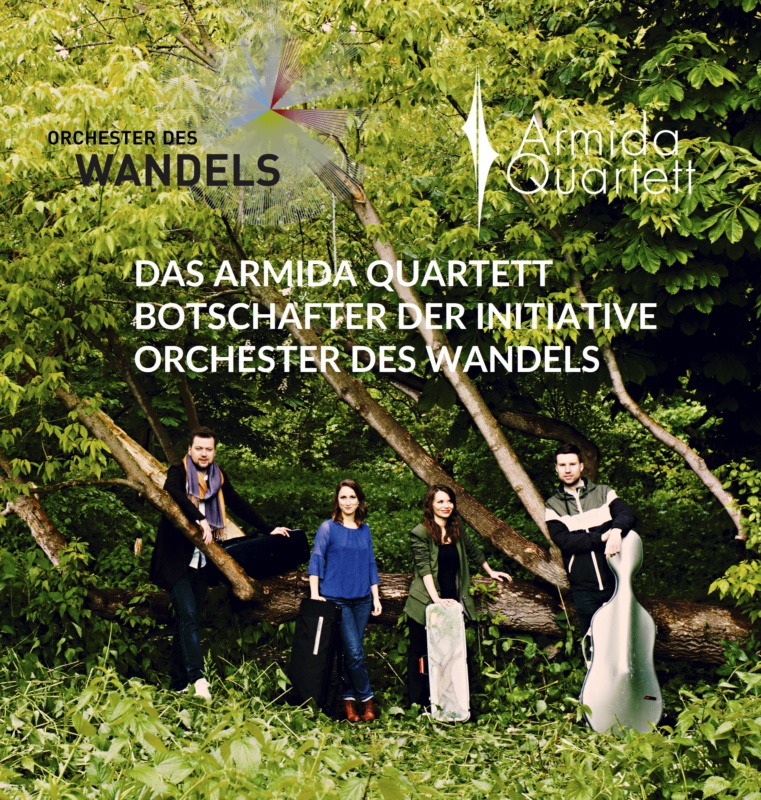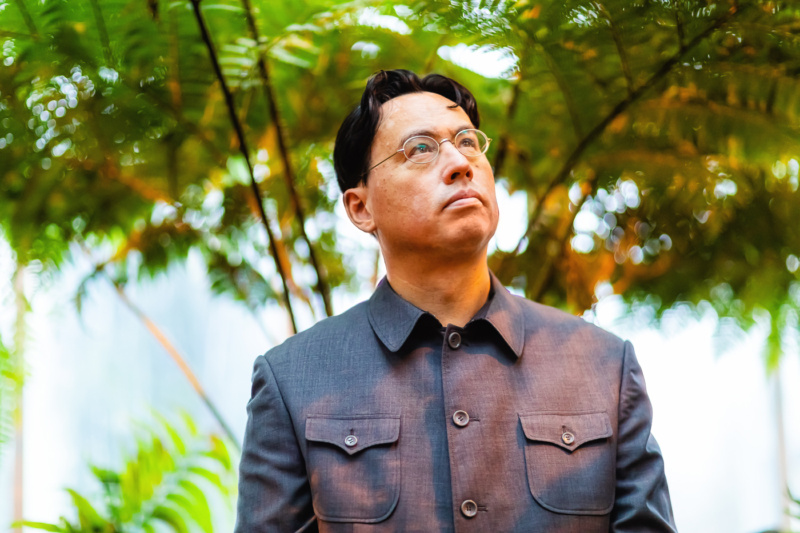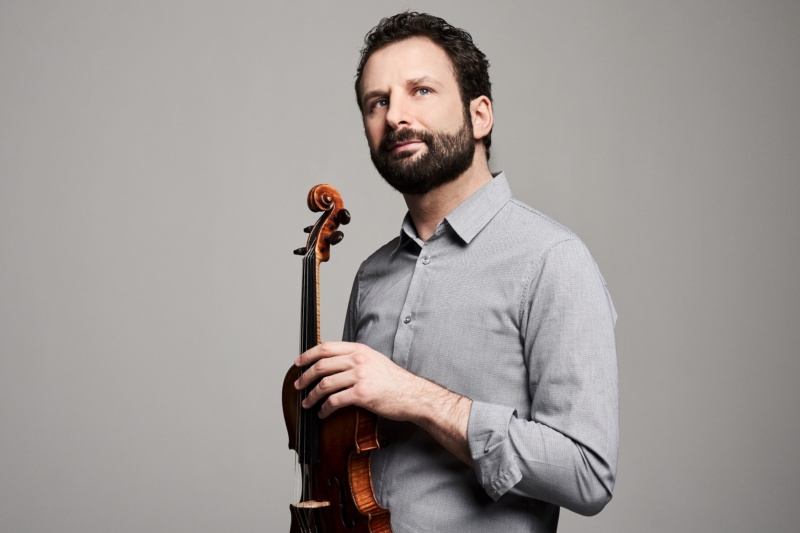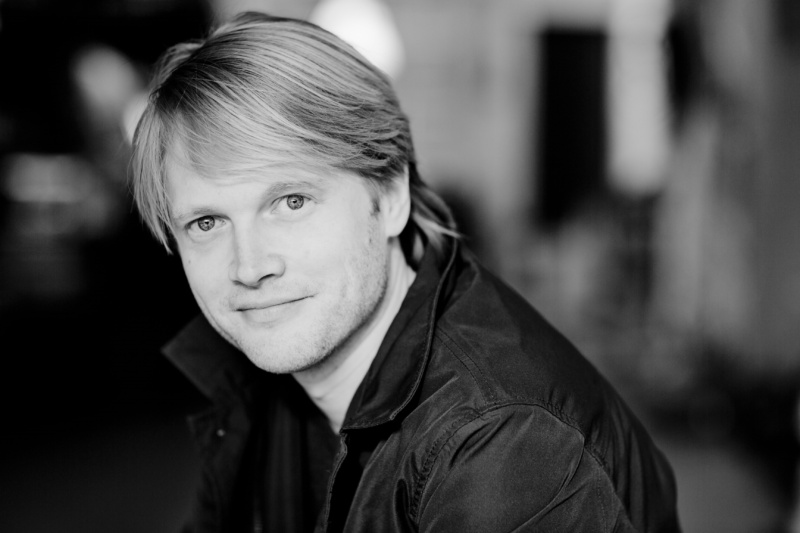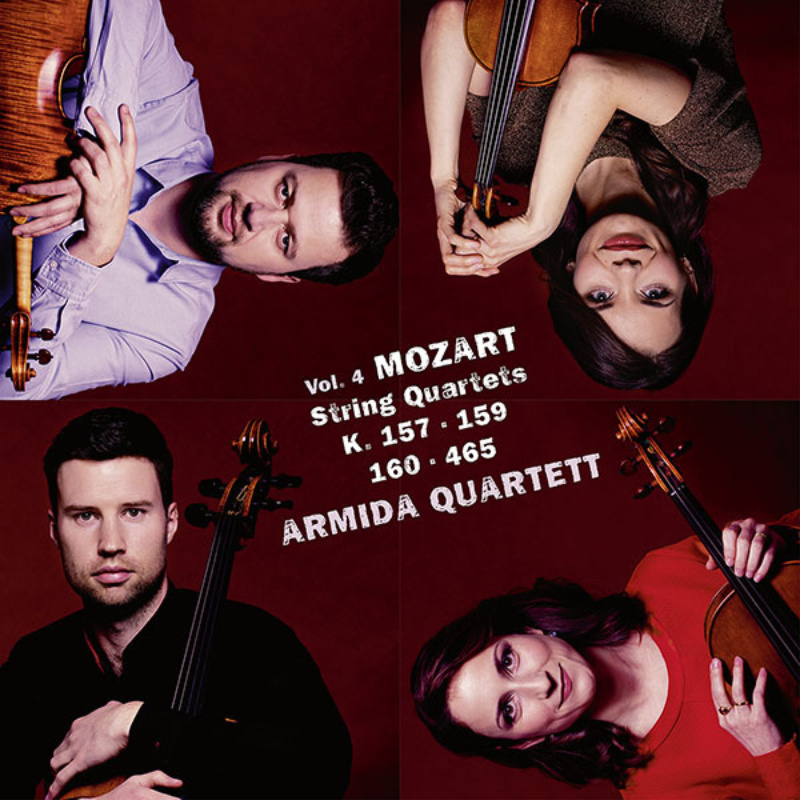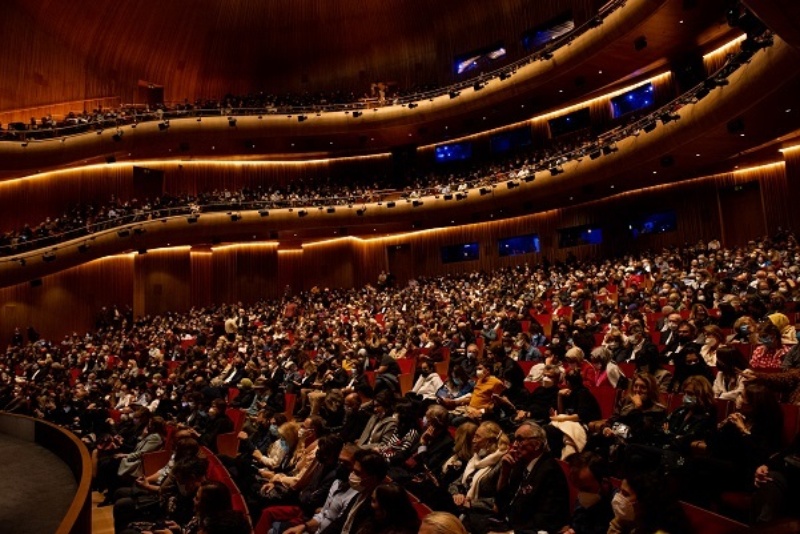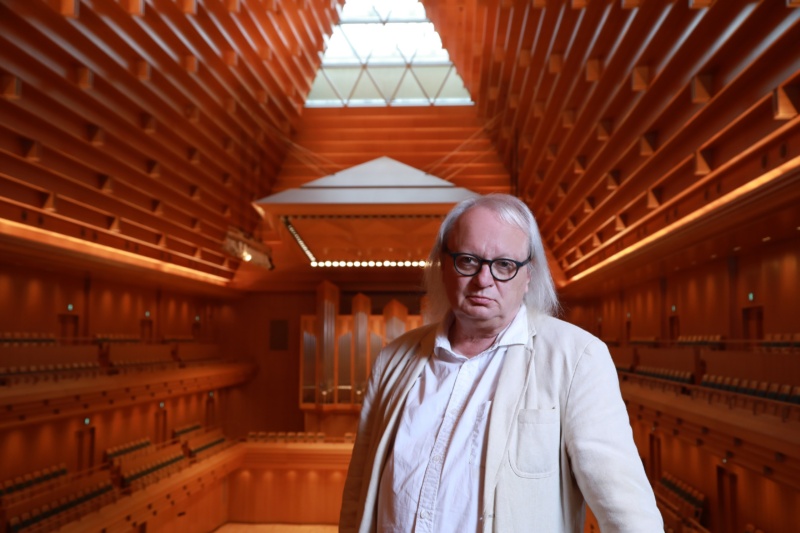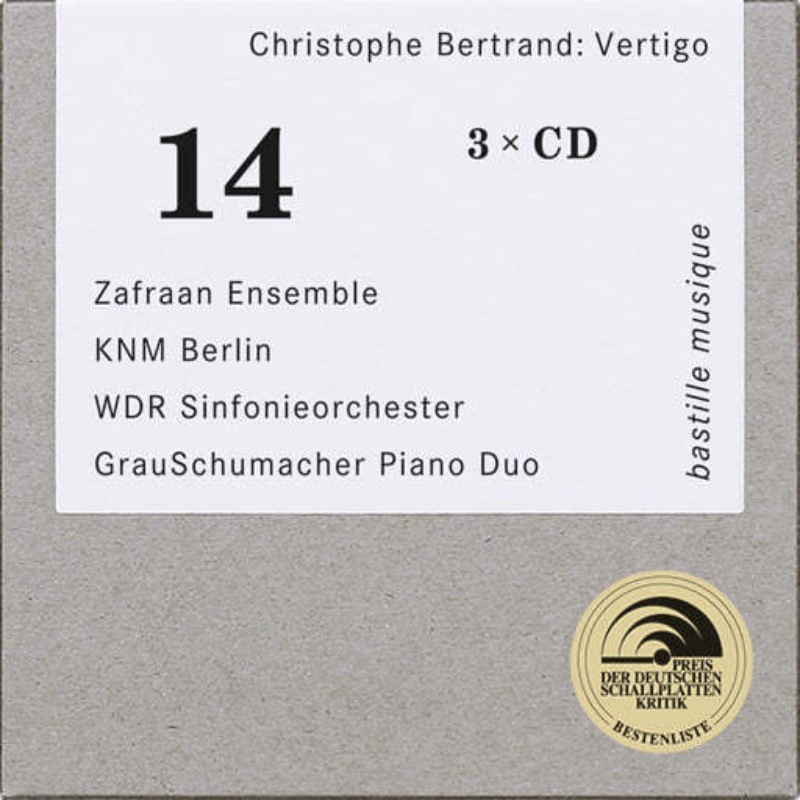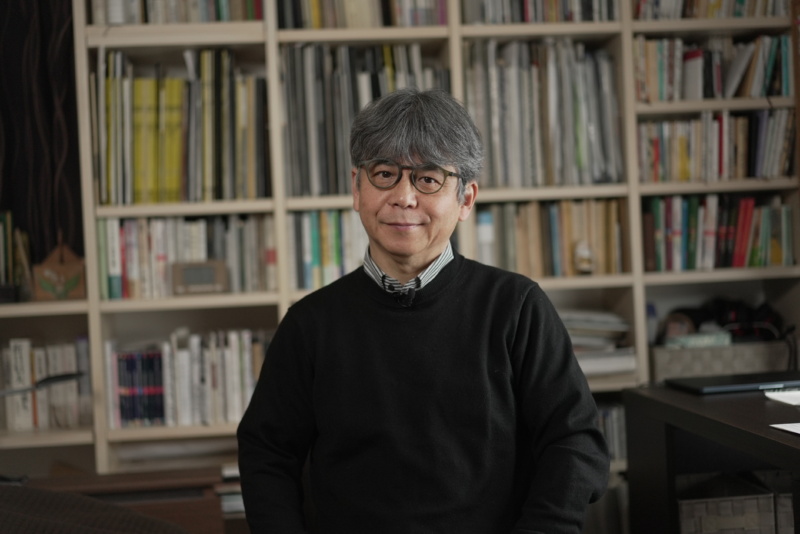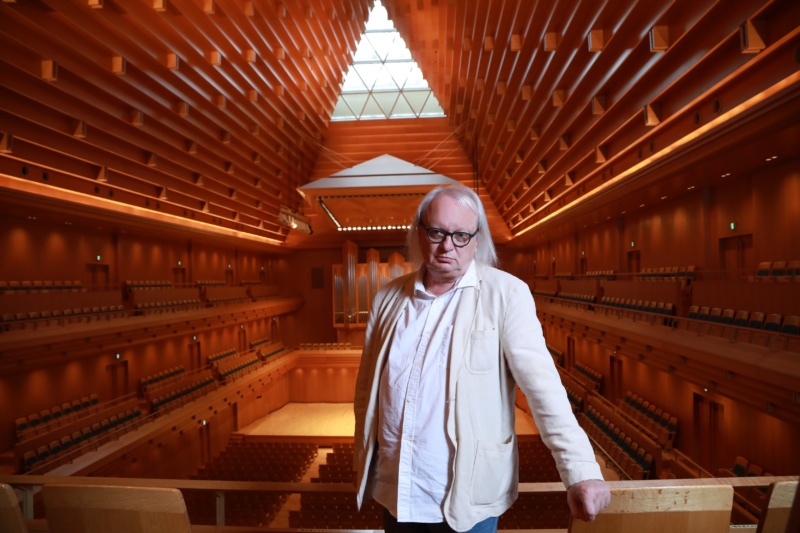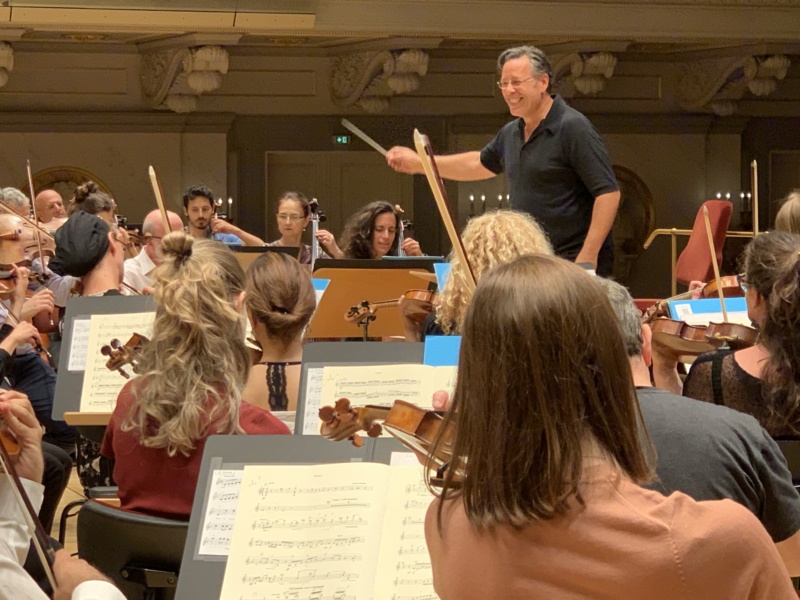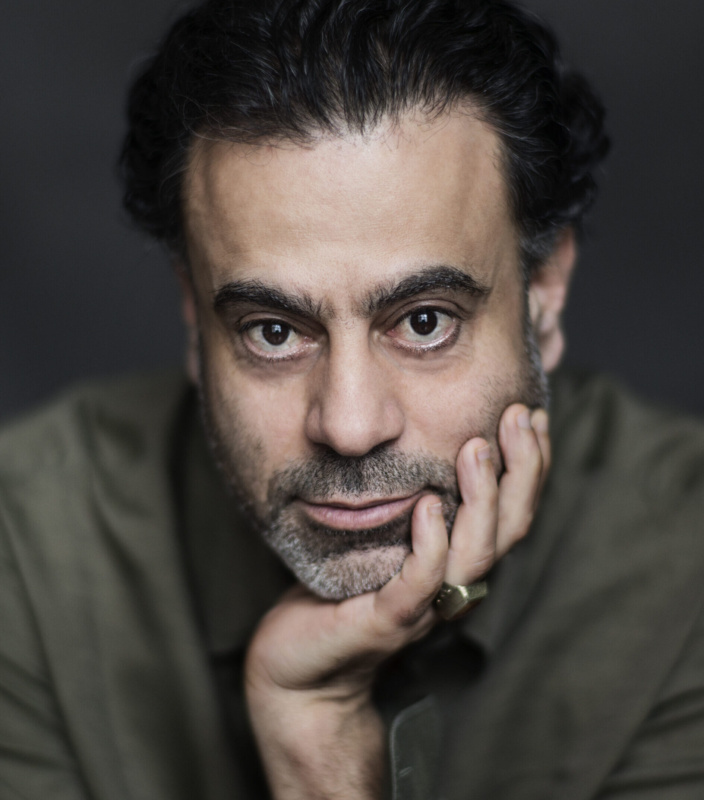He has taken to the stage as Charles V, as Walter Benjamin, as Prince of Homburg, and as Friedrich Hölderlin. Now, in the role of Martin Luther, Dietrich Henschel adds another heavyweight to this eclectic list of key figures from political and intellectual history. In May 2019, the baritone will take on the role of the Protestant reformer in the premiere of Bo Holten's opera Schlagt sie tot! at the Malmö Opera.
But how do you approach a character when you know more about them than what is explicitly shown in the libretto? "Before rehearsing, I don’t want to have any preconceptions as to who I am," says Dietrich Henschel. "That's how you can approach and develop the piece with your colleagues and the director." Nevertheless, Henschel can also rattle off important historical facts with ease. "The lens of history also makes it possible for me to discern the perspective of authors and composers.” As concerns Martin Luther in his iteration onstage at Malmö, this perspective is a rather critical one. "The piece develops the figure as a human being with strengths and weaknesses, but above all as an extremely narcissistic, egocentric person," elaborates Dietrich Henschel. This opera is a far cry from the positive image of Luther often put forth in the recent Reformation anniversary year, whose most successful mascot was the Playmobil Luther figurine, which sold in the millions. "I was baptised Christian in the Lutheran church and, naturally, was raised in that tradition," the baritone concedes. "I have to set that knowledge aside the moment I take on the role of Luther." Certain aspects of Luther, such as his approval of the violent suppression of peasant uprisings, do not make such an identification particularly easy. "This is where I am required to truly inhabit the role, so that I can really arrive at this decision with its violent contradictions from a place of inner turmoil. Of course, you cannot do that in ahead of time, only in the work itself, which I'm looking forward to."
As a rule, music shows him the way: "It gives the character a certain rhythm, a pulse, as well as a means of expression. You just have to give yourself over to good pieces," he says. "One is always required to enter into a symbiosis with the stage characters. In the role of Charles V, for example, during a rehearsal I suddenly found myself so angry in a certain scene that I began throwing chairs at my adversary. There was an aggressiveness in me that I did not even know existed.”
"Playing a historical figure literally is always difficult, because you come so close to the cliché. But in pieces that are more abstract, like in the Hölderlin opera or more recently in Benjamin, the individual figures keep their mysteries," he explains. Dietrich Henschel played Walter Benjamin in Peter Ruzicka’s opera last year in Hamburg to great acclaim, almost ten years after he had embodied another major philosopher in Ruzicka's opera Hölderlin. "In the case of Benjamin, everyone has to find their own way to access this complex personality, which is human and fallible," he says of the man portrayed in Ruzicka's opera at his most difficult moment – on the run, shortly before his suicide.
But are there limits to the degree to which a singer can identify with a character precisely at this point of weakness and inner conflict, so that the voice remains present? "When you're overcome with emotion, you have to take care to maintain control," confirms Dietrich Henschel, "but that’s why you’re an artist. Besides, this brokenness always comes out through the music itself." In general, Henschel avoids foregrounding the heroic in his roles. "Onstage, the most interesting characters are the weak ones," he says, citing examples from his trove of roles embodying so-called ‘great men’ – starting with Hans Werner Henze's Prinz von Homburg to Doctor Faust by Busoni to Don Giovanni, about whom he says: "If he were so unbelievably authoritative as everyone viewed him in the past, he would never have become such a legend. What is a hero who is always strong? Boring!"
For Dietrich Henschel, the ideal case would be that everyone involved – both onstage and in the auditorium – would, in light of such figures, find their own perspective. "I create my own interpretative portrait for the role, and everyone in the audience must reconcile their own truth, develop their own questions, and seek and decide for themselves what they see. I very much hope that the Luther opera, first and foremost, will also raise questions instead of giving answers."
Nina Rohlfs, December 2018
translated from the German by Kathleen Heil
